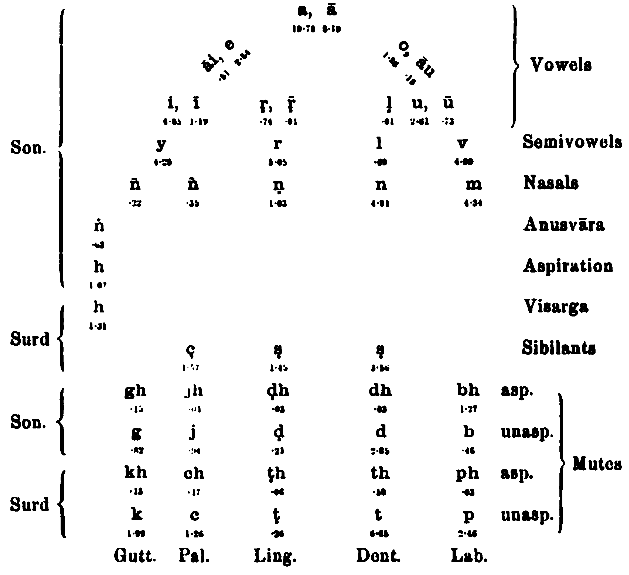Improve your Sanskrit Learning with the following Tasks and methods
Vocabulary:
- Shब्द Parichayah (शब्द परिचयः): Meaning of words and phrases. This might involve matching words to definitions, filling in blanks with appropriate words, or translating simple sentences.
- Sandhi (संधि): Applying sandhi rules to join words together and create grammatically correct compounds.
- Here is the Sanskrit Dictionary online
Sanskrit Learning Grammar:
- Sabda Roopaani (शब्द रूपाणि): Recognizing and applying the correct forms of nouns (including sandhi), pronouns, verbs (including conjugations), and adjectives based on grammatical gender, number, and case.
- Dhatu Roopaani (धातुरूपाणि): Understanding and using verb conjugations in different tenses (present, past, future).
- Karaka (कारक): Identifying the grammatical cases (Karakas) of nouns and pronouns and how they function within a sentence.
- Vakyam (वाक्यम्): Sentence formation, structure, and types of sentences (declarative, interrogative, imperative).
Comprehension and Translation:
- Anuvedh (अनुवेध): Understanding the meaning of a given passage in Sanskrit. This might involve answering questions based on the passage content or summarizing the main ideas.
- Anuvaad (अनुवाद): Translating simple sentences or passages from Sanskrit to Hindi or English and vice versa.
Sanskrit Learning with Creative Activities:
- Chitravarnana (चित्रवर्णनम्): Describing a picture in Sanskrit using appropriate vocabulary and sentence structures.
- Patralekhanam (पत्रलेखनम्): Writing a short letter in Sanskrit following a specific format.
Advanced Sanskrit:
- Shuddhi Sodhana (शुद्धि शोधनम्): Identifying and correcting grammatical errors in sentences.
- Apathitaansh Avabodhana (अपठितांश अवबोधनम्): Understanding the meaning of unseen passages based on context and vocabulary knowledge.
- Nibandha Lekhanam (निबंध लेखनम्): Writing short essays on specific topics in Sanskrit.
Tips for Sanskrit Learning:
- Try to speak in Sanskrit, you may use a mobile app for translation.
- Pay close attention to the vocabulary and grammar concepts explained in each chapter.
- Practice exercises from the textbook and other resources.
- Refer to additional materials like NCERT solutions for a deeper understanding of concepts.
- Regularly revise what you have learned to retain information.
Image credit
William Dwight Whitney, Public domain, via Wikimedia Commons

